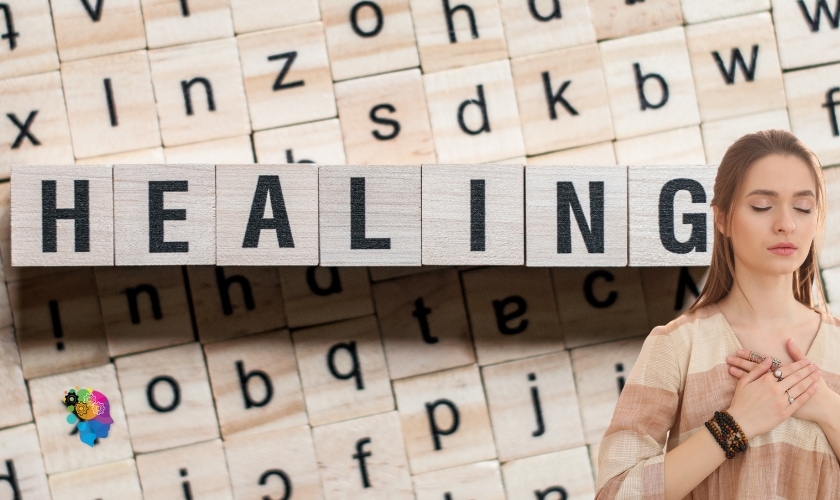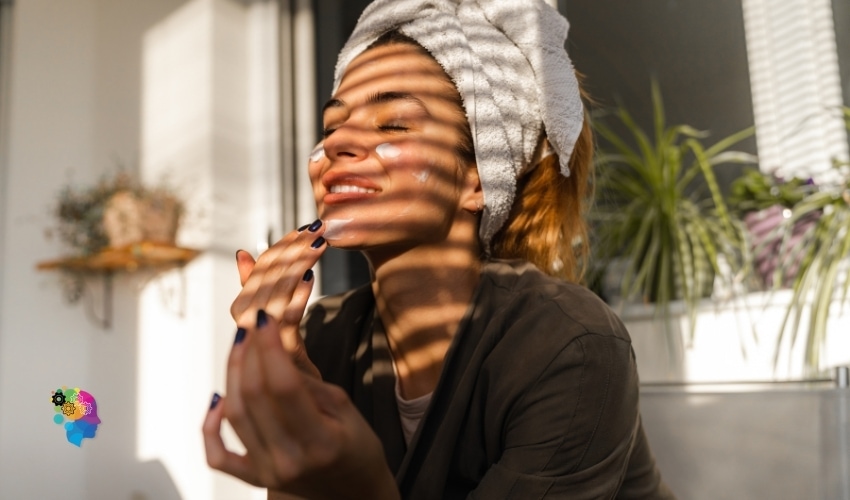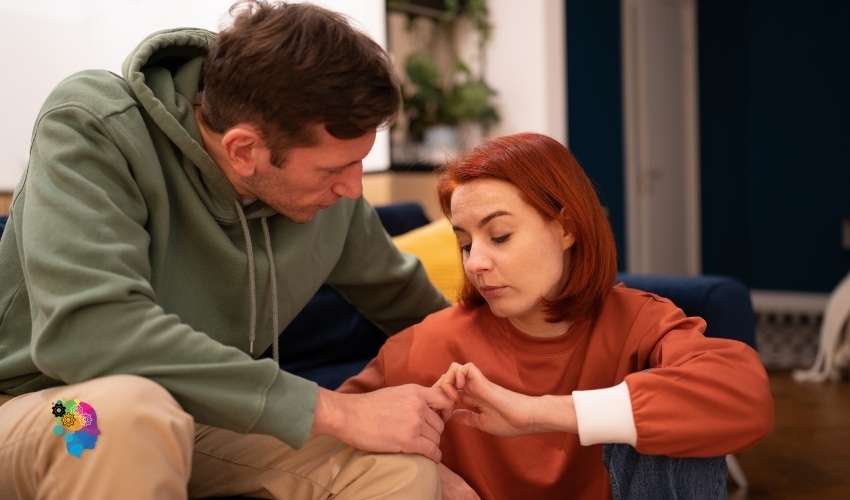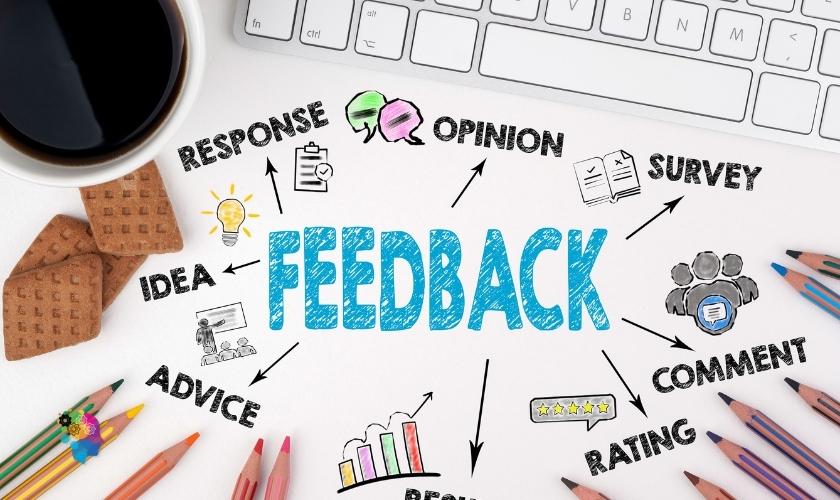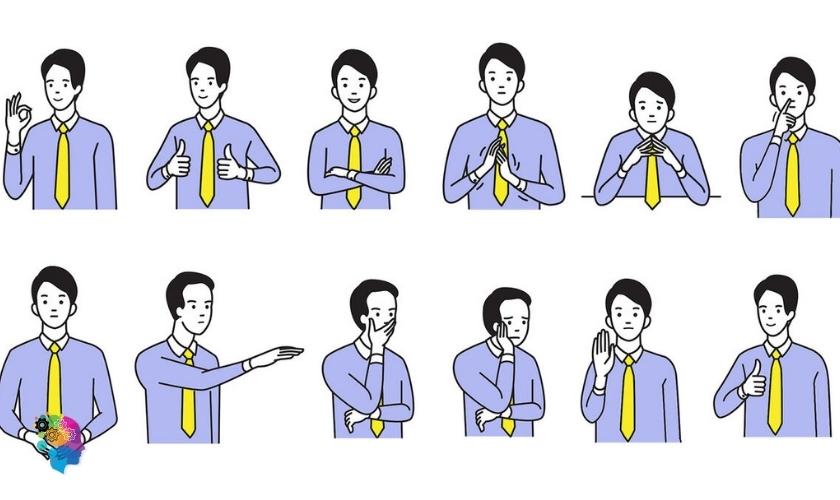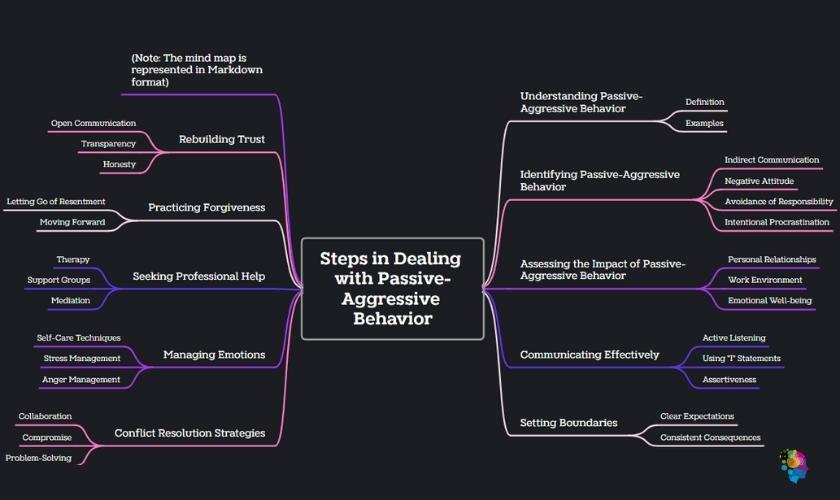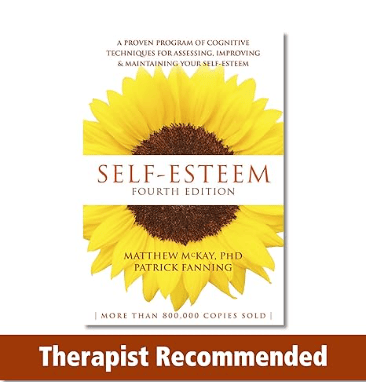How to Overcome Self-hatred and Build Self-love
How to overcome self-hatred and build self-love is a critical challenge in this generation, as self-loathing is increasingly prevalent and can affect anyone with negative thought patterns. Those who experience self-loathing often engage in self-criticism and harsh self-judgment.
Various factors contribute to self-hate, which can lead to severe depression, unrealistic expectations, substance abuse, mental health conditions, and even suicidal thoughts. Therefore, it's crucial to address and transform these self-hating patterns into self-love.

How To Overcome Self-loathing Thoughts
Here are some ways to develop self-worth:
Practice Meditation or Mindfulness
Mindfulness exercises and meditation are beneficial techniques that encourage you to disregard self-deprecating thoughts and judgments, negative inner criticism, and many other self-loathing patterns. Consider exercising grounding techniques, deep breathing, or mindfully engaging in a favorite activity when feelings of self-loathing arise. Distract yourself from self-loathing thoughts by engaging in an activity you appreciate. [2]
Acknowledge and Enjoy Compliments
Accepting praise and compliments is difficult when you have a negative self-image. It could even seem strange and unsettling, prompting you to downplay its significance.
Learning how to receive a compliment takes practice, but you can do it! Say "thank you" and leave it at that the next time someone compliments you. Don't be tempted to respond with extreme self-criticism or dismissal. Remember to always move with positive people.
Practice Self-compassion
Those battling self-hatred frequently show a lack of empathy and self-care for themselves. Practicing self-compassion is essential in every aspect of life. Although it may seem complicated when you first start to practice self-compassion, it will become easier. One method to use in practicing self-compassion is always to treat yourself the same way you would treat a close friend or family member when they make a mistake. [3]
Self-compassion-focused therapy entails treating oneself with kindness and understanding rather than harshly evaluating and blaming oneself for the mistake. After all, nobody is perfect.
Find Opportunities to Reaffirm and Praise Yourself
Finding opportunities to praise yourself and do some positive self-talk is essential to counteract your low self-esteem. If you took a shower today, this is the ideal time to congratulate yourself for prioritizing your sanitation. Try rewarding yourself for employing self-soothing techniques when negative thoughts arise. Reinforcement and praise effectively increase desired behaviors, thereby displacing negative emotions and we believe the book, DEEP CLEARING: Balance Your Emotions, Let Go Of Inner & Outer Negativity, Shift To Higher Consciousness should help you achieve this.
Reframe Judgments as Facts
Judgments about oneself, such as "I'm a bad friend for talking behind her back," are a common manifestation of self-loathing. Try reframing these opinions as facts when you feel them coming on: "I was concerned about my buddy, so I talked to another one to gain ideas on how to help her." Removing the judgmental undertones from words like these allows you to assess whether your actions reflect your principles.
Make a Timeline of Self-Loathing to Explore its Roots
To validate your feelings and make adjustments, getting insight into the underlying causes of your behavior is helpful. Describe the first time you felt shame, the most recent time, and any critical moments. Recall times when you witnessed others engaging in self-defeating actions.
See a Therapist
Seeing a therapist could be beneficial if you are experiencing mental health difficulties. Although it is possible to change your perspective on your own, a therapist or an online therapy program can help you deal with past trauma, emotional reaction, negative inner critic challenges, and low self-esteem. A therapist can help change your self-destructive behaviors more swiftly and guide you toward more constructive thought patterns and mental health conditions.
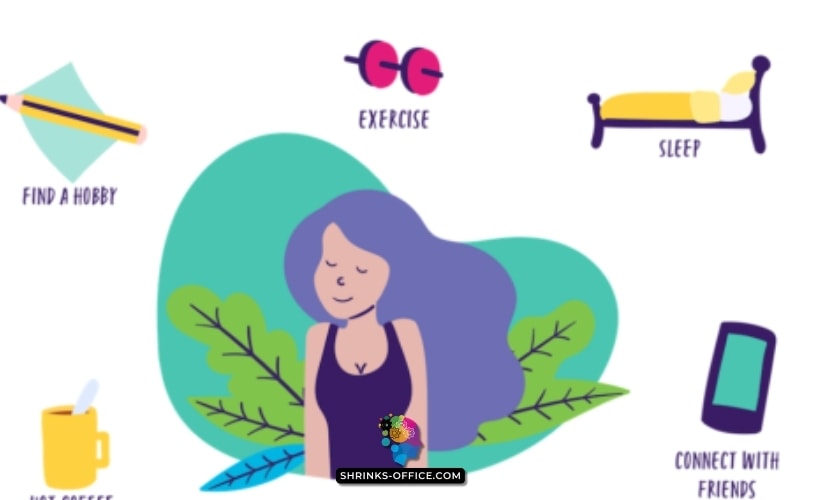
Take Care of Yourself
Instead of engaging in self-destructive actions, you should practice self-care. This strategy entails taking care of your physical and mental health by engaging in all activities that will keep you in good spirits. Eat nutritious foods, exercise regularly, get enough sleep, limit your use of social media and electronic devices, spend time in nature, and speak compassionately to yourself, to name a few self-care practices.

Why Should You Overcome Self-hatred?
Self-loathing is toxic and detrimental to one's mental, emotional, and physical well-being. This feeling significantly contributes to depression, negative inner voice, worthlessness, low self-esteem, mental health issues, negative thoughts, and despair. [4]
You can learn to stop your self-hating thoughts and turn self-loathing into loving yourself by employing the appropriate methods.
There are different steps to developing self-love. The first step toward solving the problem is replacing your black-and-white thinking with more constructive, empowering ideas. Some other ways to build self-love include physical activity, meditation, journaling, and time spent in nature.

What Causes Self-Hatred?
Below are some causes of self-loathing.
Traumatic Experiences
Some people develop thoughts of self-loathing after experiencing trauma at a young age. Some of these traumatic events include experiencing violence or a natural disaster. Even high school bullying can make some people feel terrible about themselves. Self-loathing can affect your mental health and well-being regardless of its origin or causes. [5]
Environmental Triggers
You may find yourself provoked by things that remind you of an unpleasant past event. For instance, a new coworker may remind you of a previous negative work experience you had while working at another place. Or a new acquaintance may talk about that your unpleasant childhood memory.
If your emotional response to a situation seems disproportionate to the circumstances, you may need to do more work to identify the factors holding you back. The assistance of a therapist or other mental health professional may facilitate the process.
Mental Health Problems
A mental health disorder, such as depression or anxiety, can cause self-loathing. Depression, for instance, can lead to a feeling of worthlessness because it is associated with hopelessness, guilt, and humiliation. [6]
You may begin to have a pessimistic outlook on yourself even more as these conditions shape your thinking. As a result, you may start to feel like people don't love you at all.
You can take this quick depression test to confirm if you have depression.
Attempts to Please Others
You may have picked meeting other people's expectations as a strategy for establishing and maintaining positive social relationships. Many people feel they can achieve well-being by using the positive reactions of others around them. This flawed thinking can easily lead to highly dependent habits, making you strive to live up to the standards set by others.
The inability to fulfill the expectations of others or the knowledge that you've let someone down can be devastating. This feeling that you've failed or are unworthy can result in self-hate.
Conclusion
When you look in the mirror after doing your hair, you might only like what you see if it matches the photo of the magazine cover model you were trying to emulate. When you put on clothes, they may not fit the way you imagined they would, which can lead to feelings of disgust with yourself. You might develop a critical attitude toward yourself if you don't change this mentality. Negative self-talk and even thoughts about your past mistakes may creep into your internal monologue. In such a situation, believing in yourself, loving yourself, and overcoming your negative feelings about yourself is crucial.
Meta Description
Self-loathing can stop you from achieving your goals. Thus, building self-love is essential. Learn how to overcome self-hatred and build self-love in this guide.
FAQ
What are the roots of self-loathing?
Self-hate can stem from negative inner criticism, bullying, trauma, environmental triggers, and bad relationships.
How can I start liking myself?
You can build self-love by caring for yourself, identifying your strengths, and avoiding comparing yourself to others. It would be best if you also focus on positive reasoning.
Reference
- 'The last thing you feel is the self-disgust'. The role of self-directed disgust in men who have attempted suicide: A grounded theory study
- Mindfulness and meditation exercises
- The Role of Self-Compassion in Development: A Healthier Way to Relate to Oneself
- Self-disgust as a potential mechanism underlying the association between PTSD and suicide risk
- The Long Term Effects of Bullying
- What is depression?


















